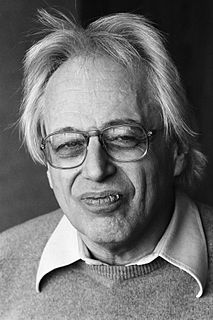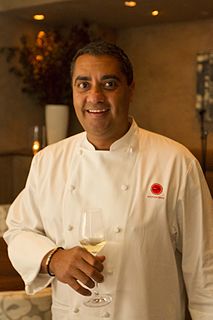A Quote by Pauline Oliveros
There is a book called San Francisco Tape Music Centre:1960s Counterculture and the Avant-Garde and this book describes everything that you want to know or don't want to know about it, with a lot of documentation.
Quote Topics
Related Quotes
I had invented my own system, my own way of making electronic music at the San Francisco Tape Music Centre, and I was using what is now referred to as a classical electronic music studio, consisting of tube oscillators and patch bays. There were no mixers or synthesizers. So I managed to figure out how to make the oscillators sing. I used a tape delay system using two tape recorders and stringing the tape between the two tape machines and being able to configure the tracks coming back in different ways.
My father probably taught me everything I know, aside from dialogue, which I think I get from my mom a lot more. He certainly didn't teach me everything he knew, but you know he has got this book out called "The Spooky Art," which is essentially an advanced book on writing and it's not... You know it's not ABC, but it's for people who feel that bug and know that they're writers and are willing to put in that time alone. Pretty much the vast majority of what he taught me you can find in that book.
[Polo Is My Life] is what's called a sex book - you know, sex, drugs and rock and roll. It's about the manager of a sex theater who's forced to leave and flee to the mountains. He falls in love and gets in even more trouble than he was in the sex theater in San Francisco. Most of my stories are tales of anguish, stress and grief.
When I first moved up to San Francisco to write Where The Wild Things Are, I had a couple moments where I talked to somebody, and they're like, "Oh, I love that book. I love this part of it," or, "This is what it means to me." And it's like, "Well, I don't know. I guess that's not what I'm making the movie about." But very early on, I don't know, we sort of let go of that fear.






































